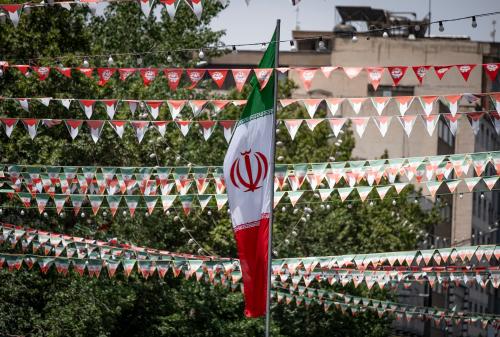With the U.S. defense budget shrinking and Iran’s nuclear capabilities growing, it is time for some creative thinking. In recent years, the United States has increasingly preferred to base its combat aircraft in the Middle East on aircraft carriers in and near the Persian Gulf. But now it should change course, moving more of them on land, to bases in two or more of the Gulf Cooperation Council (GCC) countries. That would allow the United States to modestly downsize its overall aircraft carrier fleet, a cost-saving measure, and strengthen its deterrent in the region by providing visible evidence of the United States’ strong bonds with key countries of the Arabian Peninsula.
DOLLARS AND SENSE
It costs the Pentagon, on average, more than $1 million per year to station a single service member in Afghanistan. Therefore, many assume, basing American military personnel on land abroad is generally a bad economy — although strategically necessary at times. But that logic doesn’t hold in many situations, and the Persian Gulf is a key case in point.
The United States relies almost exclusively on aircraft carriers, each with about 72 jets, to provide the airpower that it would need during a possible conflict with Iran, its most likely adversary in the region. Over the past decade, several squadrons of land-based combat jets in Iraq, Kuwait, and Saudi Arabia have largely returned home. Although the United States occasionally rotates fighter jets through the small states of the GCC and maintains command-and-control and support facilities in Qatar and the United Arab Emirates, its permanent onshore combat power in the region is very limited.
But a modern aircraft carrier, which costs about $12 billion, is about ten times as expensive as even a large and well-fortified facility on land. And it can take five or six ships in a fleet of 11 to maintain one continuous overseas patrol in the Gulf. In short, depending on carriers, rather than land bases, to provide constant combat airpower in a given region is a generally a dubious economic proposition if you know that the threat is going to be around for a while.
The Brookings Institution is committed to quality, independence, and impact.
We are supported by a diverse array of funders. In line with our values and policies, each Brookings publication represents the sole views of its author(s).



Commentary
Op-edWhy the United States Should Open More Bases in the Middle East
July 3, 2013